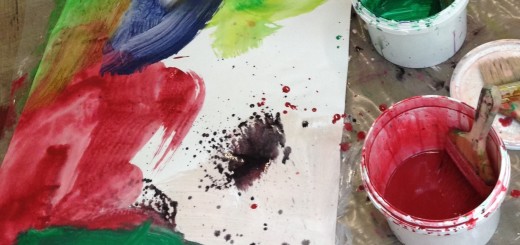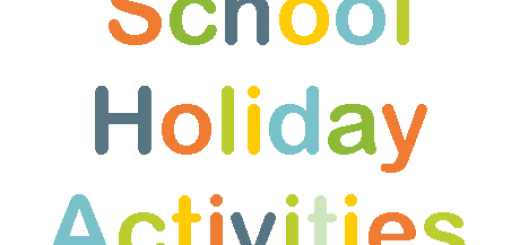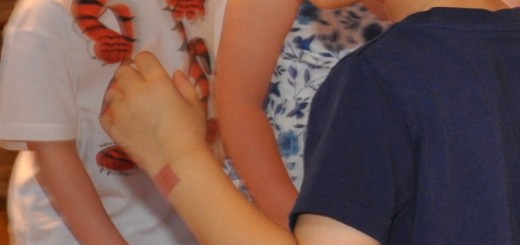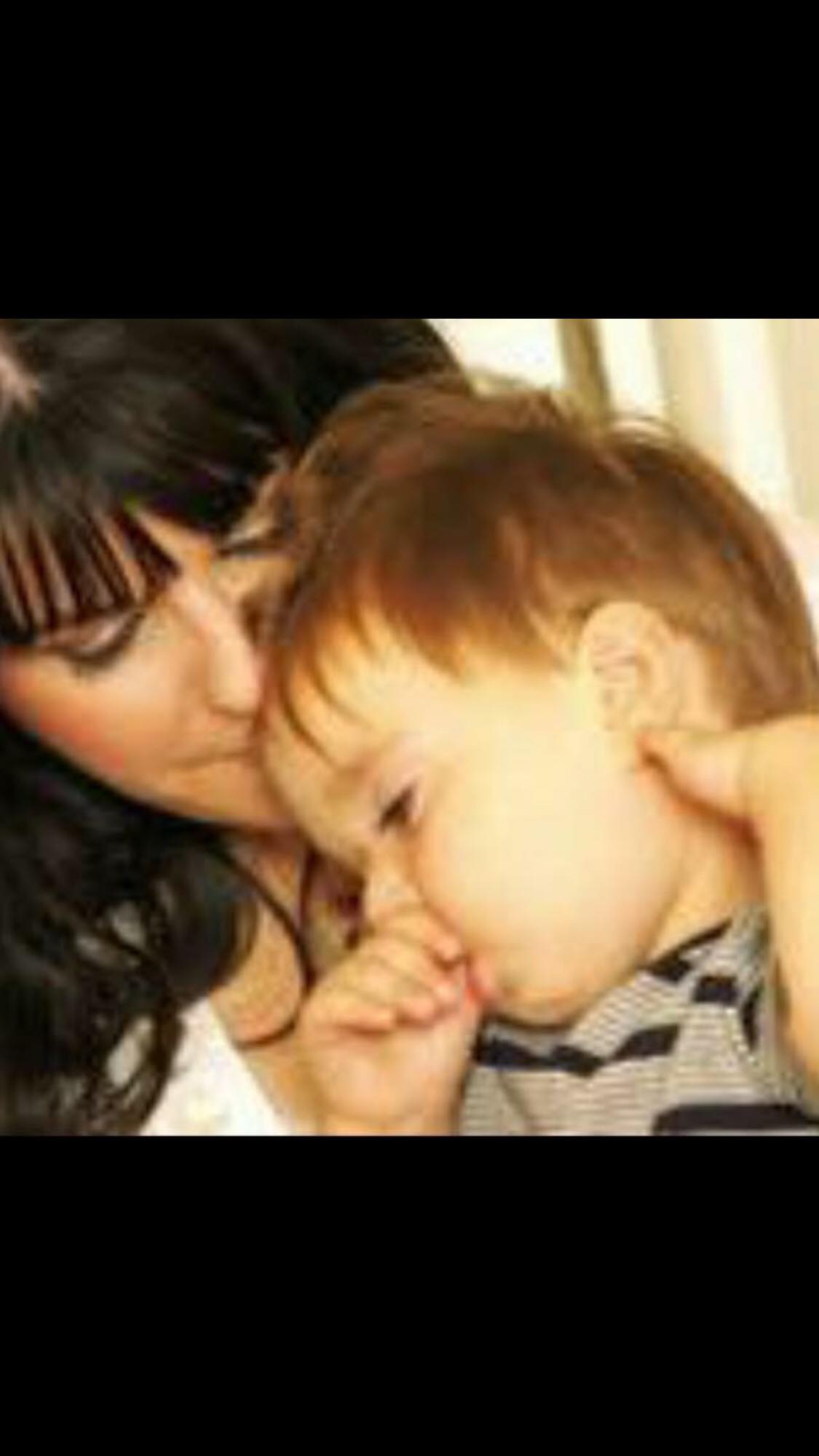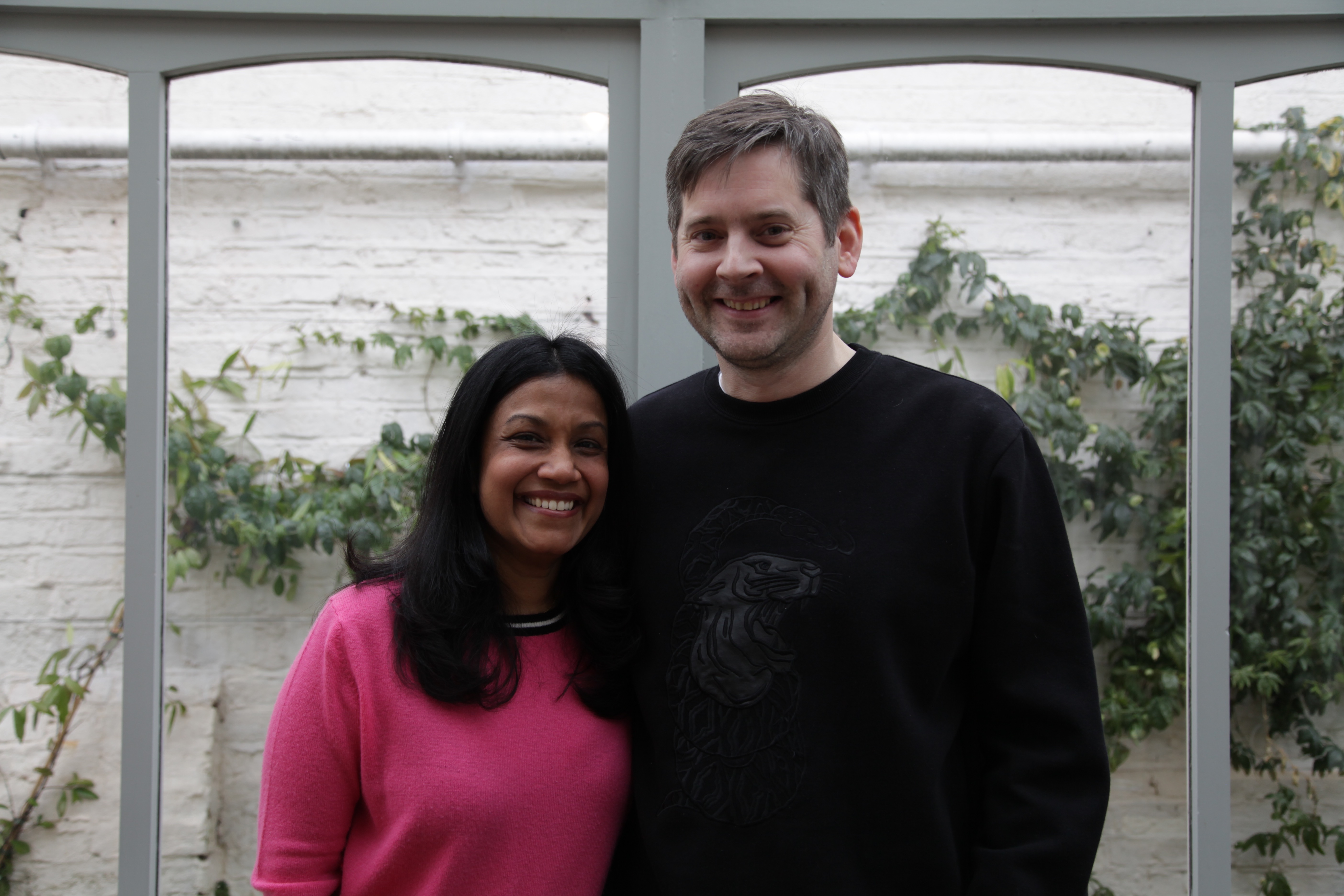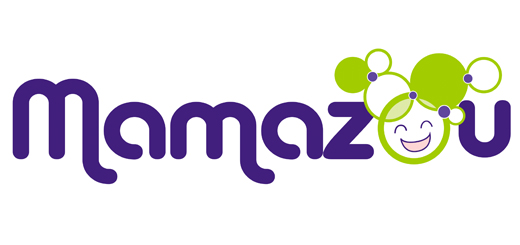Racial Taunting in Schools – What can we do about it? An Editorial Comment by Rajni Jayasekera
I’ve decided to write this piece because I have recently noticed the worrying re-emergence of racial taunting in schools across our local areas. What is most worrying is that I have had several parents come to me from a cross section of schools in North West London with very similar anecdotes in the last few months and all these stories are accounts of children under ten. With a young child myself, who has been a victim of this in the past, I am beginning to see that even very young children do realise how much they can hurt each other with words. As we all know, children can be cruel sometimes and they can lack the empathy to appreciate or care about the devastating effects their taunts can cause, unless it is taught to them.
Any well run school will take a no-nonsense approach to such behaviour but unfortunately there are many that do not fit into this category, and whatever measures a school takes, it is parents, first and foremost who need to make sure that values of empathy, kindness, and indeed equality are imparted upon their children.
But what drives a child to use a racial taunt? Is it a deep seated hatred for a particular ethnicity? It is hard to believe that a child under ten can learn to hate in such a targeted way unless such beliefs have been indoctrinated into them. Whilst this is by no means impossible in today’s world, it does however remain highly improbable and perhaps not the first explanation for such behaviour.
I think there are a couple more likely explanations for why children use racial taunts.
Firstly, they use them as a weapon in the never ending battle that’s the playground. Kids often butt heads socially, whether it be wanting to establish dominance, correct each other, or gain acceptance by picking on someone else. If a child discovers that calling someone a certain name will have a stronger, deeper effect than any other, they will use it, again and again. To a large extent the actual implication of the use of the word(s) is lost upon the perpetrator. It’s just a trigger for soliciting a certain reaction in a victim. Though deeply distateful, this is not racism.
Secondly, they use them to reinforce their status as a rebel. Children these days have become more and more defiant and more willing to behave in a way that almost invites adults to dare correct them. We live in a society where anti heroes and straight up villains are lauded. A child growing up in society without appropriate guidance will often aspire to be a rebel, someone who dares to do or say what others won’t. This can lead a child down a tragic path, and can manifest itself in the earlier years as anti-social behaviour, including racial taunts. Again, though a clear sign that a child is in desperate need to correction, it is not racism.
Thirdly, exposure to casual racism in their everyday lives, at home for example, may lead them to believe that their taunts are not that big a deal. If they are used to hearing an adult use derogatory racial slang why would they not do the same. They may even realise it is insulting but feel that its use within their own family legitimises it, or that their parents won’t mind. It is harder to argue that this is not racism, but it is being taught to that child, knowingly or unknowingly, by the adults who are failing to set the right example.
So there are many explanations for how a child can end up behaving in a way that would appear outwardly racist, even though the underlying explanation is something else. But perhaps it is we that have got it wrong. Adults these days seem so hung up on racism. Racism is not the core problem, the core problem is the hurt, anger, and isolation inflicted on another person. Is it more acceptable to insult someone based on their mother being overweight than their race? Is it more acceptable to insult them based on the fact that their older sister cannot walk properly, or that they have to wear old worn clothes, or that their dad is not around? Personally I don’t think so.
What we need to teach our children, first and foremost, is empathy. To teach empathy we must feel it ourselves, and not just outwardly, but genuinely and always. If we can teach our children to feel true empathy for others, the rest they will learn themselves. We must also address issues that are raised whether it is by other parents or by the school. As hard as it may be, to hear that your child for instance has caused someone else to be hurt or upset, it will not help anyone, least of all your child, if you decide to deny the whole situation and blame someone else or fob it off. Teach your child to be kind, respectful and polite. Teach your child to appreciate differences, stand up for others and above all care. It is our children who will shape what society will be like in the future and it is up to us to make sure that said society is one that is supportive and respectful of all differences. This is a worrying trend and I sincerely hope that it is not one that will continue. It is up to us to make sure that it doesn’t. Please make sure that it is not your child who is causing unnecessary hurt and upset to someone else.



